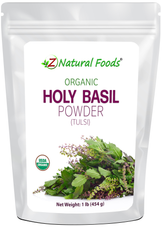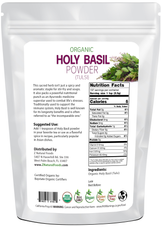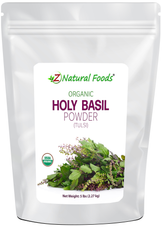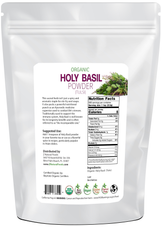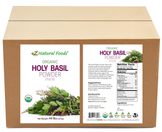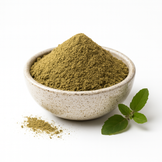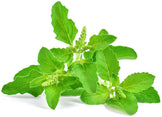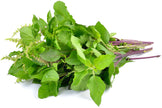Anti-depressant

In the context of Western medicine, depression is characterized as a sustained emotional state marked by sadness and a generalized disinterest in activities once found pleasurable, as outlined by the American Psychiatric Association's DSM-5 (American Psychiatric Association, 2013; FDA Guidelines for Nutritional and Dietary Supplements).
In contrast, Traditional Chinese Medicine (TCM) attributes depression to stagnation in 'Qi,' or vital energy, involving multiple organ systems such as the liver, spleen, heart, and kidney. TCM also identifies imbalances in blood circulation and the accumulation of dampness and phlegm as contributing factors (Yeung et al., 2014, Journal of Affective Disorders; NIH Research). These divergent frameworks highlight the multifaceted nature of depression, necessitating an integrative, evidence-based approach for a more comprehensive understanding (WHO Recommendations; USDA Guidelines). This complexity also underscores the potential role of targeted nutritional and dietary supplement strategies, subject to rigorous clinical validation (NIH Clinical Trials).

Categorieswhen you select any items page will be refresh and focus will be move out of the page
Health Concerns
Holy Basil Powder (Tulsi) - Organic
Holy Basil Powder—also known as tulsi—is made from the dried leaves of the basil plant native to India. It has a warm, slightly...
Current price$19.79
Recently Viewed Products
Feel Better. Look Better. Be Better.
Get on the list for actionable Health & Nutrition advice every week.

